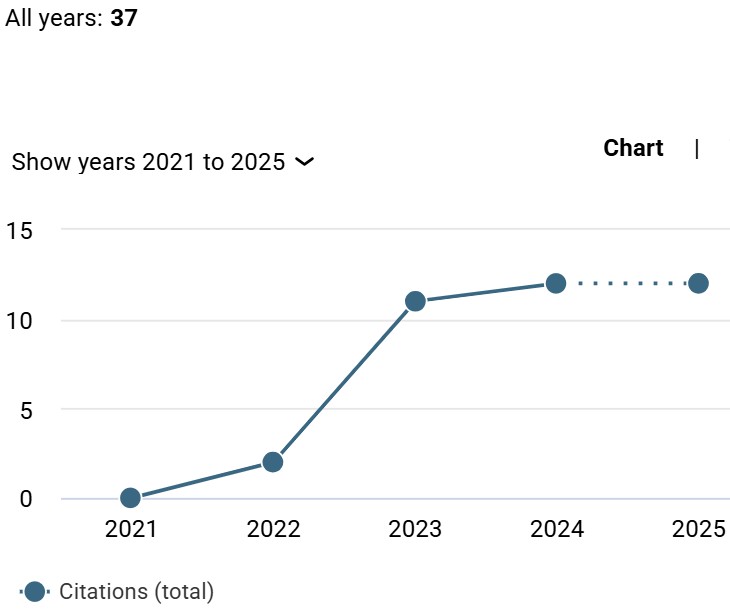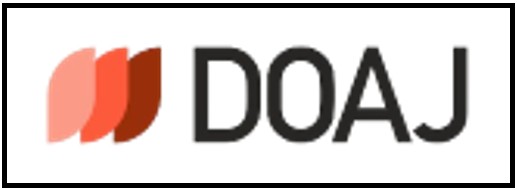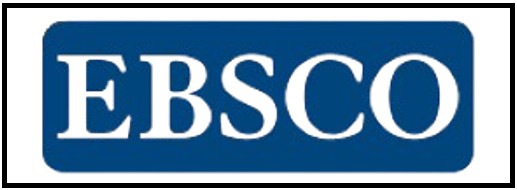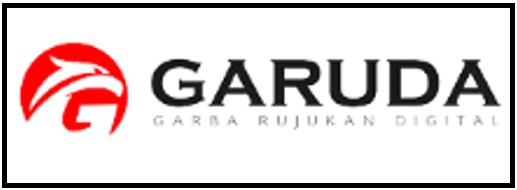Plagiarism Policy
Definition and Policy
Nekton applies zero tolerance towards plagiarism and establishes the following policy stating specific actions (penalties) when plagiarism is identified in an article submitted for publication in the journal.
Definition: Plagiarism involves the "use or close imitation of the language and thoughts of another author and the representation of them as one's original work."
Policy: Papers must be original, unpublished, and not pending publication elsewhere. Any material taken verbatim from another source must be identified as different from the original text by (1) indentation, (2) use of quotation marks, and (3) identification of the source.
Similarity Level
Nekton practices zero tolerance for plagiarism. We used Turnitin (exclude the references) to evaluate the similarity index, and the editor then decided on possible plagiarism (a similarity report will be provided to the author). The editorial board passed the following actions:
- Similarity Index above 50%: Article Rejected (due to poor citation and/or poor paraphrasing, article outright rejected, NO RESUBMISSION accepted).
- Similarity Index (25-50%): Send to the author for improvement (provide correct citations to all places of similarity and perform good paraphrasing even if the citation is provided).
- Similarity index of less than 25%: Accepted or citation improvement may be required (proper citations must be provided to all outsourced texts).
- In Cases 2 and 3, the authors should revise the article carefully, add the required citations, and perform good paraphrasing of outsourced text. The paper was resubmitted with a new Turnitin report and a less than 25% similarity.















